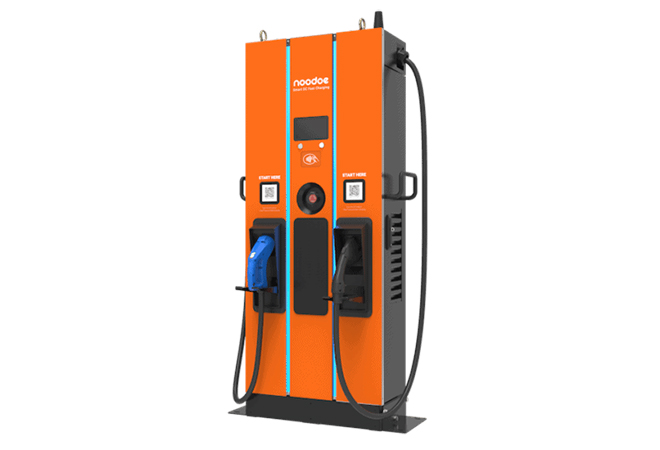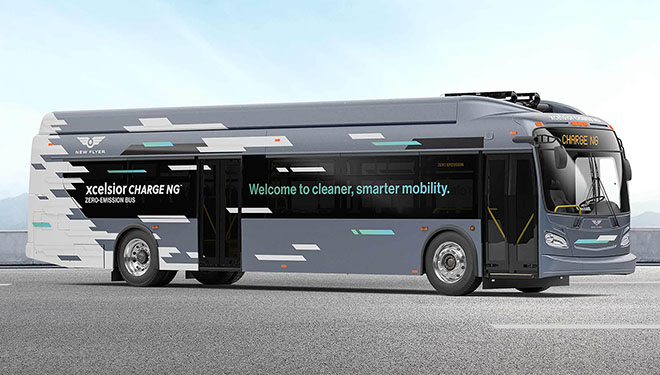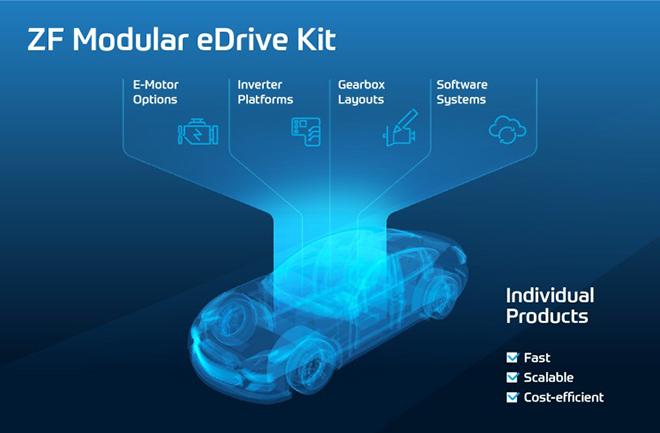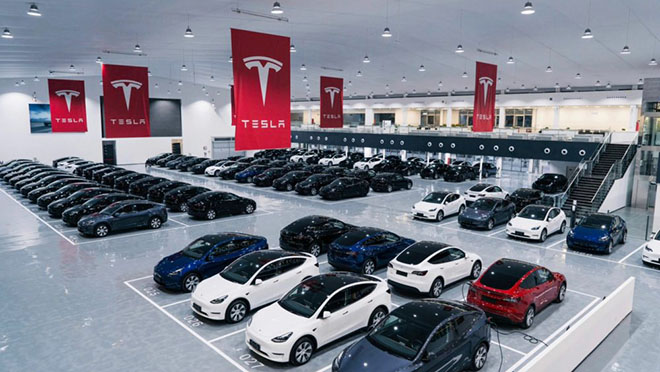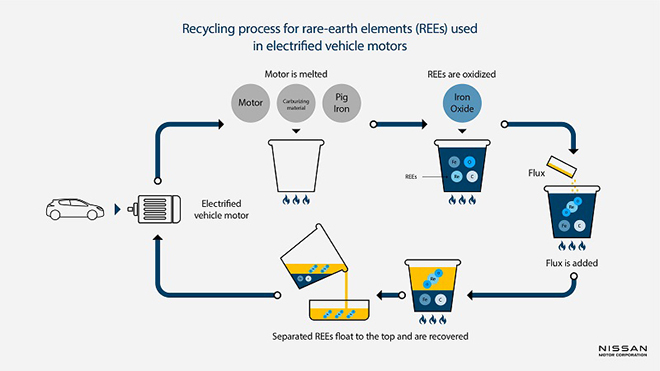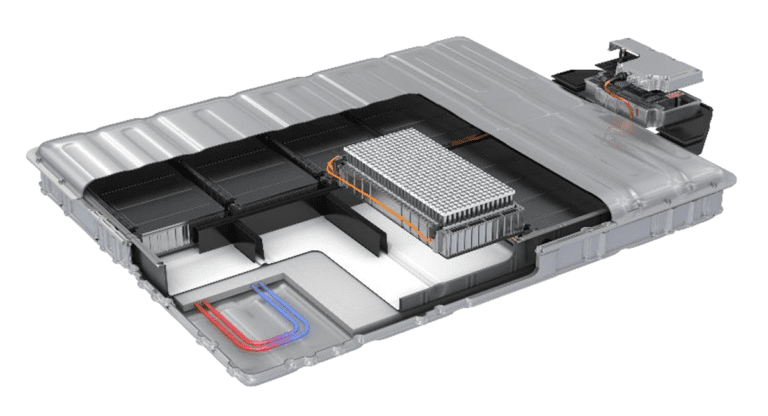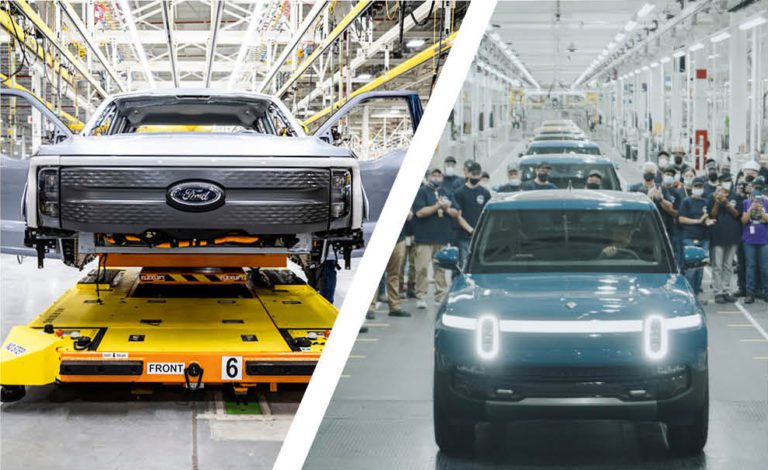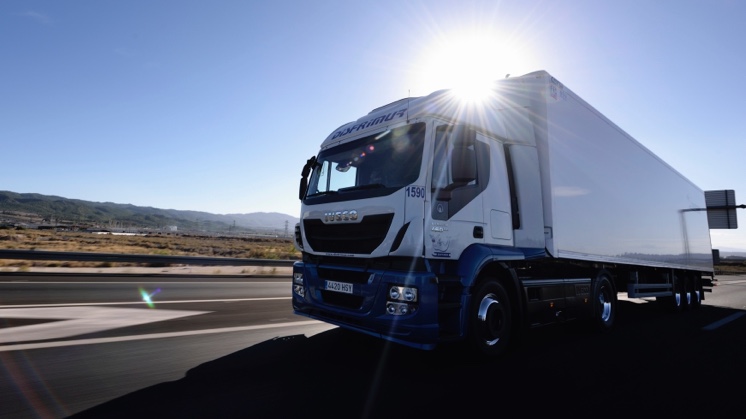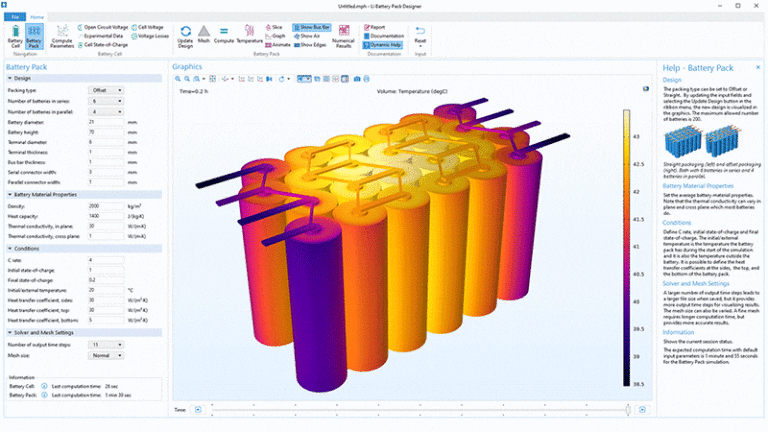Most of today’s EVs operate on 400-volt systems, but 800 volts is clearly the near future. Higher-voltage systems can deliver the same amount of power with less current, which means that charging rates can get higher without making charging cables impractically heavy and bulky. Charger manufacturer Noodoe explains that DC fast chargers are going to… Read more »
Newswire
Next-generation silicone solutions for EV battery safety
With the increase in EV adoption, manufacturers are facing numerous challenges when it comes to EV performance and safety. Join this session at the Charged Virtual Conference on EV Engineering, presented by Wacker, where we will review trends and challenges faced by manufacturers in EV design and how next-generation silicone solutions can improve both the… Read more »
Oregon’s Lane Transit orders 19 New Flyer electric buses and charging infrastructure
The Lane Transit District, which serves the Eugene-Springfield, Oregon metro area, has placed an order with New Flyer (a subsidiary of the NFI Group) for 19 battery-electric 40-foot Xcelsior CHARGE NG heavy-duty transit buses. The order includes 6 depot chargers and commissioning by New Flyer Infrastructure Solutions. The order follows New Flyer’s recent delivery of… Read more »
ZF launches Modular eDrive Kit designed to reduce EV development time
ZF presented a new modular electrification platform at the recent IAA Mobility 2021 show in Munich. The company claims that its Modular eDrive Kit can reduce the development time for new e-drives by up to 50 percent. The Modular eDrive Kit brings system design, component design and software controls together in a modular platform. Configurations… Read more »
Tesla opens massive new delivery center in China
China is the new Texas—everything’s bigger over there. Tesla’s new delivery center in Beijing is said to be the largest in China, and possibly the world. The 120,000-square-foot building has over 100 spaces for deliveries, and an early photo showed them slap-full of new Model Ys. The new facility is part of a big buildup… Read more »
Nissan and Waseda University announce recycling process for rare-earth compounds
Nissan and Waseda University are testing a jointly developed recycling process that recovers high-purity rare-earth compounds from EV motor magnets. Since 2010, Nissan has been working from the design stage to reduce the amount of heavy rare-earth elements (REEs) in motor magnets. Nissan is also recycling REEs by removing magnets from motors that do not… Read more »
Optimizing thermal management of battery systems in EVs
Sponsored by Henkel Power storage engineers place high priority on finding solutions that optimize the safety and lifetime performance of a battery, while also increasing production efficiency and minimizing costs. Thermal Interface Materials (TIMs) and Thermally Conductive Adhesives (TCAs) make important contributions to all of these areas—and can be customized to meet the needs of… Read more »
Here come the electric pickup trucks! Rivian R1T in production, Ford boosts investment in F-150 Lightning
A startup EV-maker has won the symbolic victory of producing the first mass-market electric pickup truck. The first production Rivian R1T electric pickup truck has rolled off the assembly line at the company’s factory in Normal, Illinois. “After months of building pre-production vehicles, this morning our first customer vehicle drove off our production line,” wrote… Read more »
Spanish utility plans Mediterranean charging corridor for heavy-duty EVs
Spanish electric utility Iberdrola will lead a project to develop a “Mediterranean Corridor” for electric heavy-duty trucks, in collaboration with transport and logistics company Disfrimur and electronics specialist Ingeteam. The project will include the procurement of heavy-duty EVs (up to 40 tons), the development of fast charging infrastructure at Disfrimur logistics centers (which will also… Read more »
How to accurately simulate batteries from detailed electrodes to the pack thermal management scale
Detailed understanding of battery technology and the underlying physics processes is necessary to design high-performance, durable, and safe batteries. Physics-based modeling is being used for building accurate simulations of batteries, incorporating different aspects through predefined physics-based interfaces, from detailed structures in a battery’s porous electrode to the battery pack scale, including thermal management systems. In… Read more »




